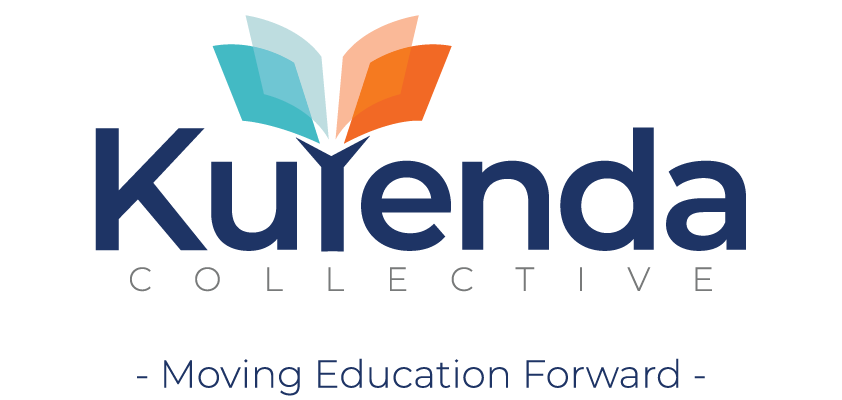A desktop review of education sector system delivery constraints affecting rural learners
This mapping report is a consolidation of the initial data sourced from a desktop review and information gathered by country experts within the Kuyenda Collective Alliance concerning the nature of the learning crisis in Malawi, Mozambique, Tanzania, and Zimbabwe. It was critical to understand the country’s context in order to effectively establish the project and validate our assumptions.
Contextual Overview
Malawi, Mozambique, Tanzania, and Zimbabwe have common challenges and unique political and socio-economic contexts. This document provides a high-level overview of these factors as public sector service delivery systems operate within a larger environment with political, social and economic forces that shape the beliefs and engagements of system actors and their dynamics with one another.
Politically all four countries have five-year electoral cycles with bi-party political dynamics on the surface of what are, at heart, single, party states. Malawi is an exception, as the previous election in 2019 saw the long-standing incumbent initially being re-elected, but later, that result was successfully challenged by the opposition’s candidate. The role of the youth population was key in the civil actions that took place in protest of the initial election result.
All four countries have a significant youth bulge in their populations averaging around 43% of the population being 14 years and under (Malawi at 42%, Mozambique at 43%, Tanzania at 43% and Zimbabwe at 41%). Essentially the critical masses of these countries’ populations are in the primary and first phase of education levels within the education sector. Unfortunately, disaggregated data regarding the youth population, particularly in terms of the rural-urban divide, is fragmented and subject-specific in mainstream education information systems monitoring and reporting by international development agencies, who remain the most up-to-date authorities on population intelligence in Sub-Saharan Africa (SSA)a and its development challenges.
Kuyenda Collective aims to address the learning crisis through systems strengthening. Working to strengthen the efforts of non-traditional education system actors with the goal of addressing the learning crisis through enhanced rural youth participation in advocacy aimed at systems strengthening of the Education Sector at a national and transnational level.

